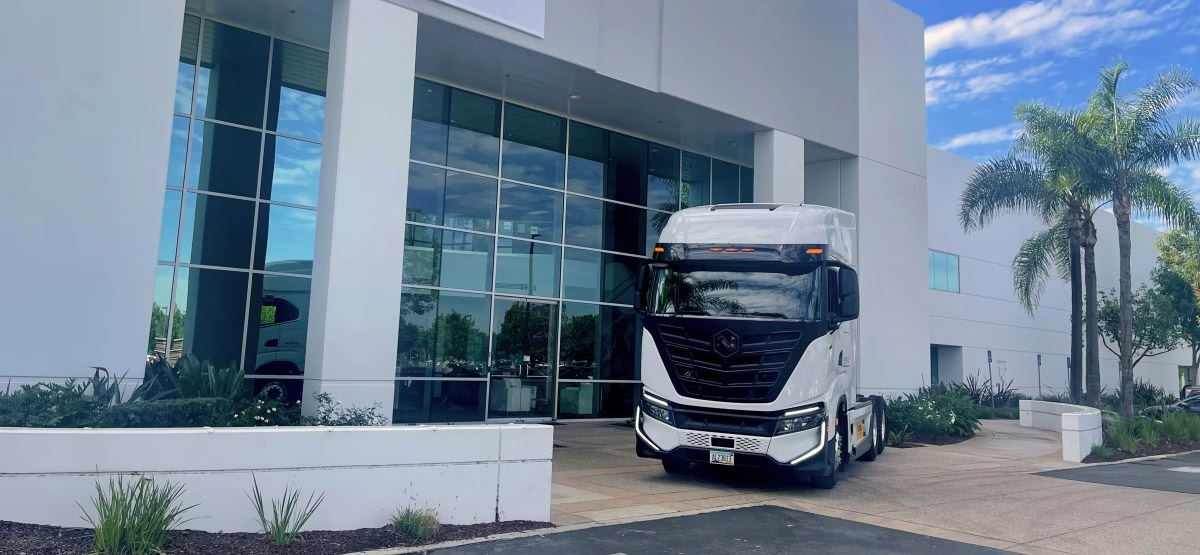Introduction
As global trade policies continue to shift, companies across industries are feeling the pressure. Recently, WIRED reached out to over 70 businesses—including electronics manufacturers, furniture brands, and coffee companies—to understand how new tariffs might impact consumer pricing. While many, such as Garmin, Amazon, and Logitech, declined to comment, a handful provided insights into how they are preparing for potential price hikes.
The underlying message is clear: If the current tariff landscape holds, consumers should anticipate paying more for a wide range of products in the coming months.

Industry Reactions to Rising Tariffs
Furniture Brands Brace for Impact
Branch, a well-known home office furniture company, has been proactively adapting its supply chain to withstand the turbulence caused by shifting trade policies. The brand emphasized that while it strives to maintain minimal pricing increases, some adjustments may be inevitable, particularly for products sourced from countries hit hardest by new tariffs.
Interestingly, Branch’s highly praised Ergonomic Chair, often featured in WIRED’s Best Office Chairs guide, saw a modest price increase from $339 to $359—even before the latest round of tariffs was announced. The company has clarified that any future price changes would aim to protect, not expand, their margins.
Key Takeaway: Supply chain optimization and early preparation are critical strategies for mitigating tariff impacts.
The Coffee Industry Faces Rising Costs
In the coffee sector, manufacturers are navigating similar challenges. Moccamaster, a trusted name in premium drip coffee makers, noted that it might absorb “some short-term pressures” but has yet to finalize any pricing decisions.
Portland-based Ratio, known for its high-end coffee machines, issued a more urgent statement. While it is maintaining current pricing through April, the company admitted that tariffs of this magnitude will almost certainly force significant retail price increases soon. As a small business already grappling with rising operational costs, Ratio’s situation highlights how smaller brands are particularly vulnerable during periods of economic uncertainty.
Insight: Small businesses, often with slimmer margins, are among the first to feel the pinch and may have to pass costs onto consumers.
Technology Brands Navigate Uncertainty
Supernote, makers of innovative digital notebooks, took to Reddit to communicate directly with its community. The brand announced a price adjustment scheduled by the end of April, citing ongoing efforts to reconfigure its supply chain. Humorously, they pointed out that the sweeping nature of the new tariffs affects “everything from people to penguins,” reflecting the far-reaching implications for global commerce.
Meanwhile, companies behind smart bird feeders under brands like Harymor and Sehmua are exploring internal cost-absorption strategies to remain competitively priced without burdening customers with higher costs.
Samsung, for its part, revealed through a statement to Reuters that its TV products, largely manufactured in Mexico, are less affected by the new U.S. tariffs—though the broader impacts on its product lineup remain to be seen.
What This Means for Consumers
For everyday consumers, the message is sobering: if you’re in the market for electronics, home office furniture, or even high-end coffee gear, it might be wise to make purchases sooner rather than later.
While there’s no need for panic buying, savvy shoppers should keep an eye on evolving tariff-related news and watch for brands signaling upcoming price changes. High-demand products like mechanical keyboards, smartphones, and air purifiers could see price hikes first.
How Businesses Like Trenzest Can Help Navigate Challenges
At Trenzest, we understand how turbulent markets and shifting global policies can strain both businesses and consumers. Through our resource center and expert insights, we help small and medium-sized enterprises stay informed, resilient, and adaptable.
Final Thoughts: Preparing for an Evolving Market
While the full extent of the new tariffs’ impact is still unfolding, it’s evident that price adjustments across multiple sectors are on the horizon. Brands are working behind the scenes to minimize disruptions, but consumers and businesses alike should prepare for a costlier market environment in the months ahead.
By staying informed and seeking expert support from platforms like Trenzest, businesses and individuals can better navigate the challenges ahead—and even find opportunities within them.




